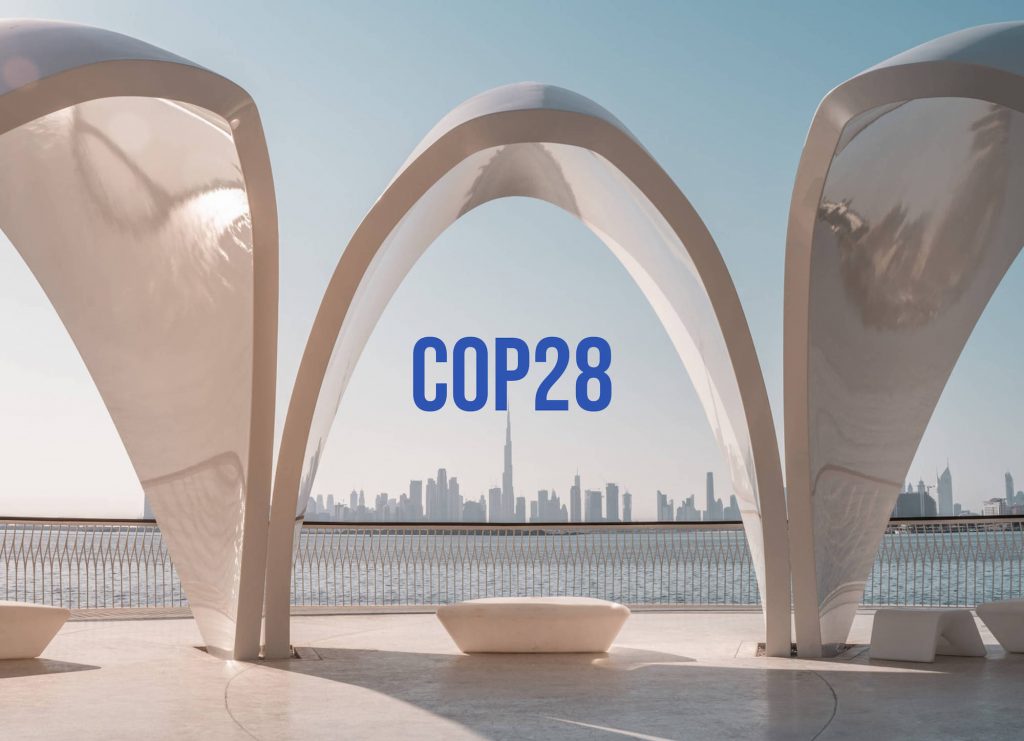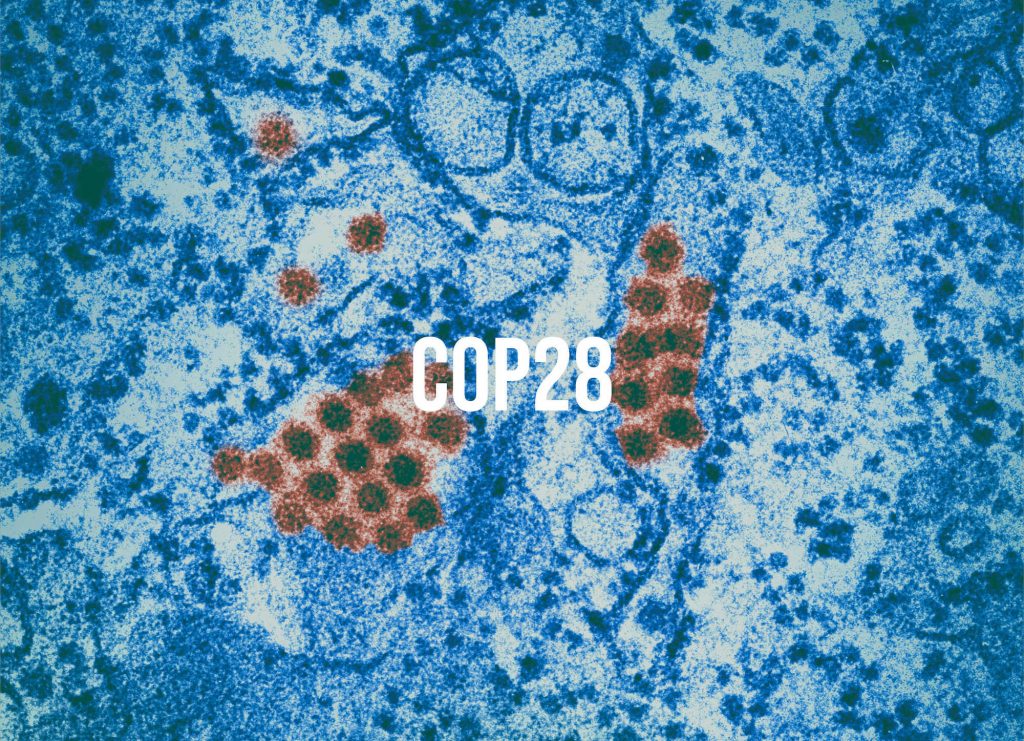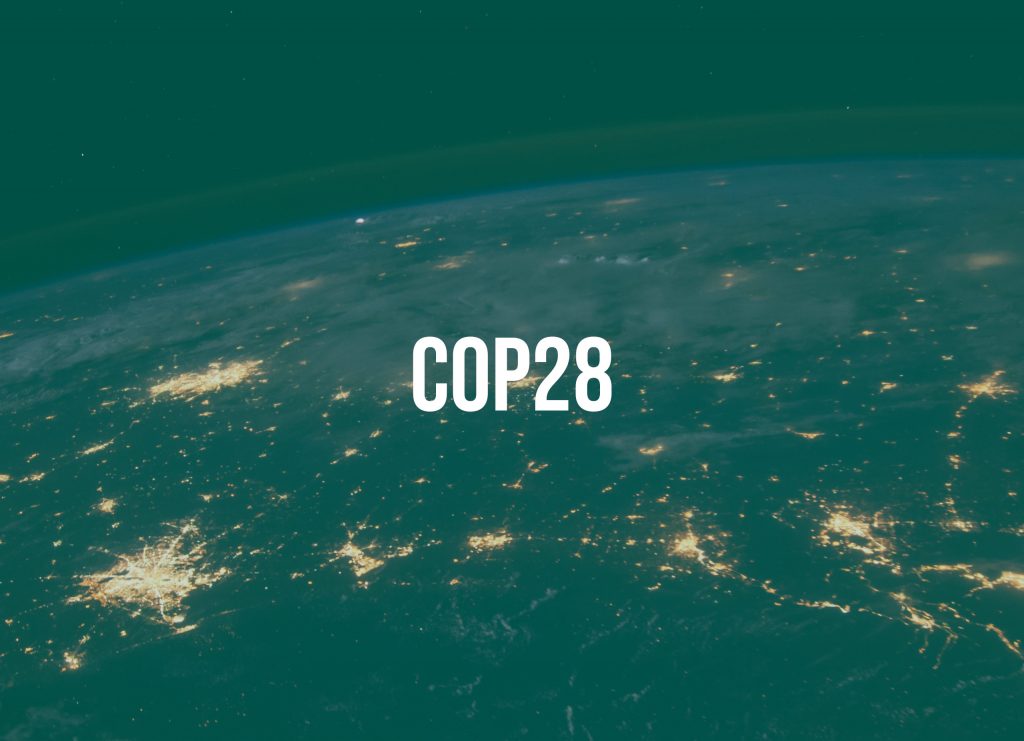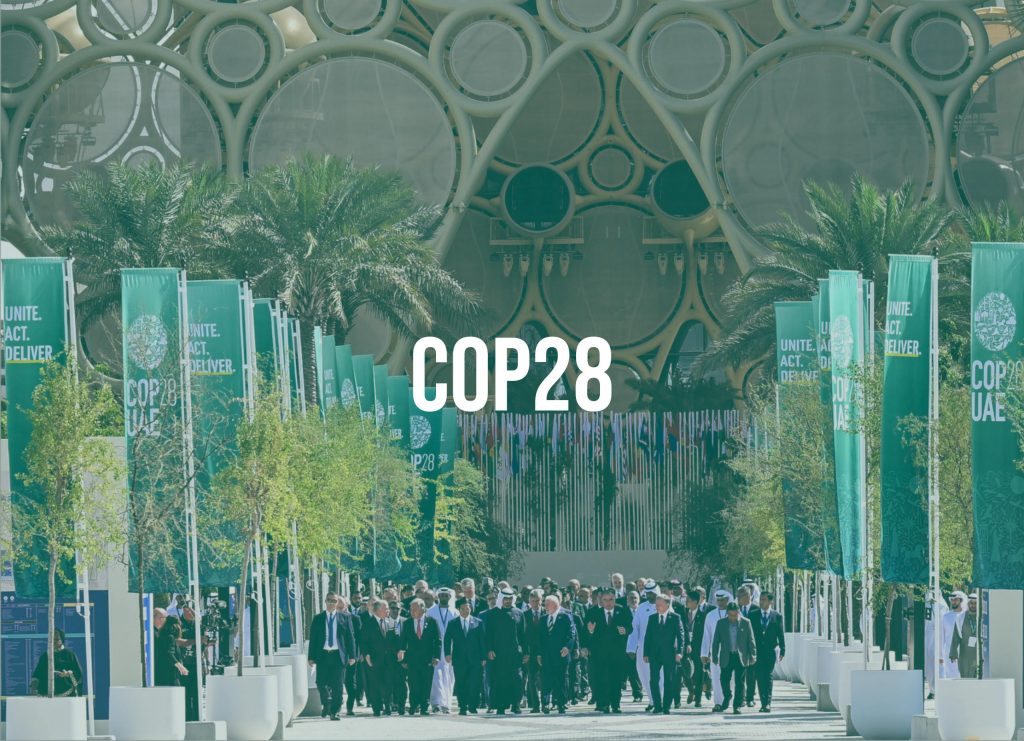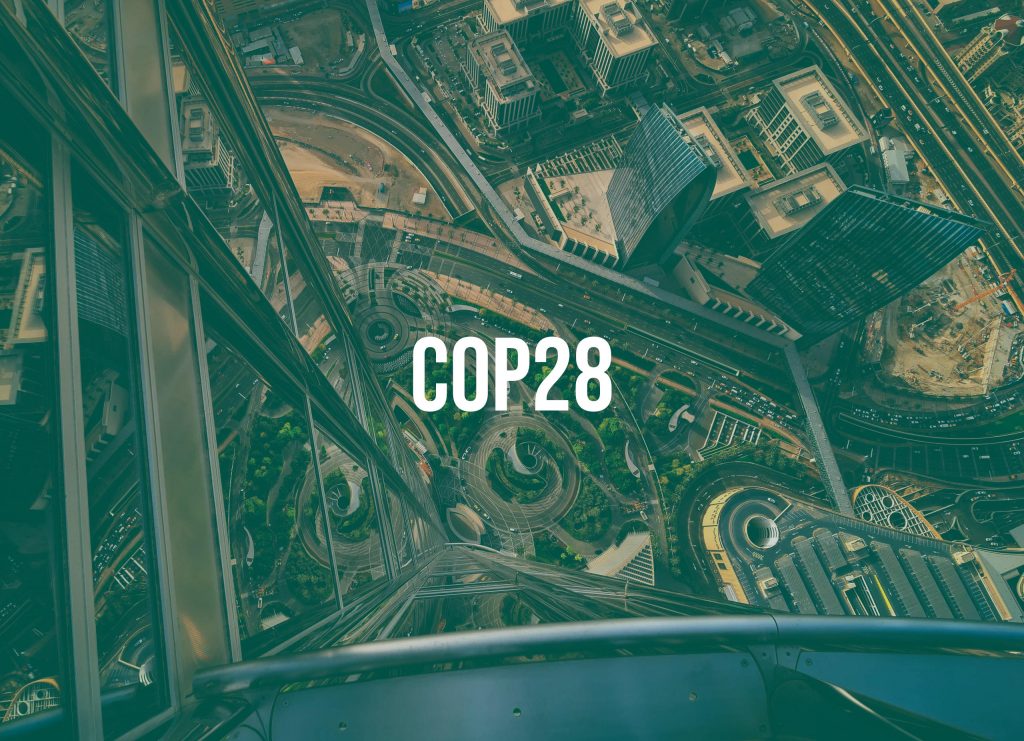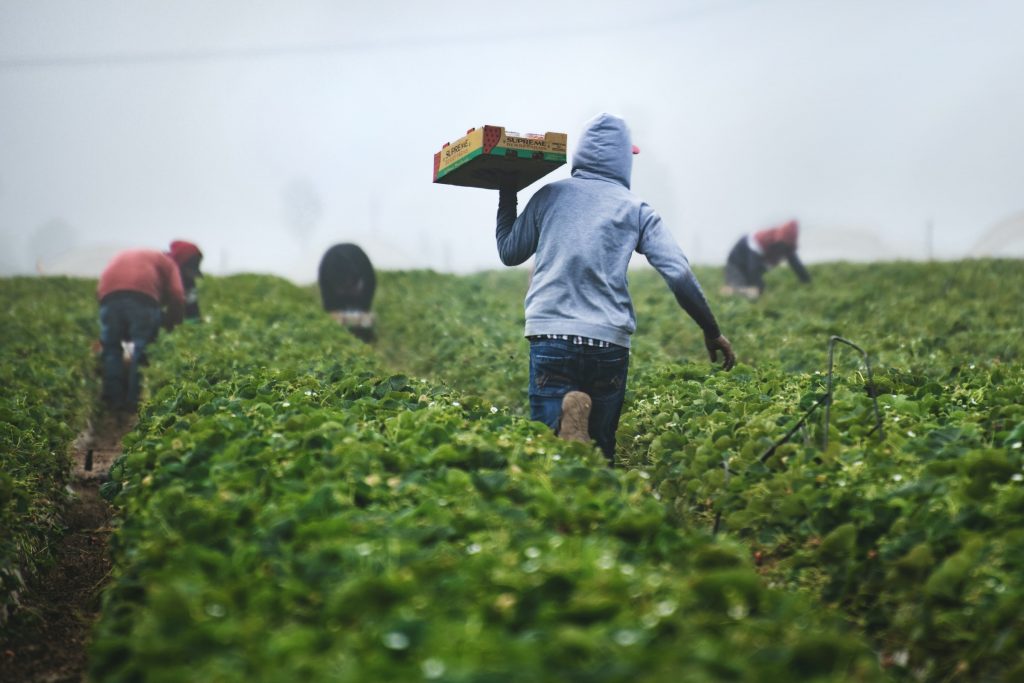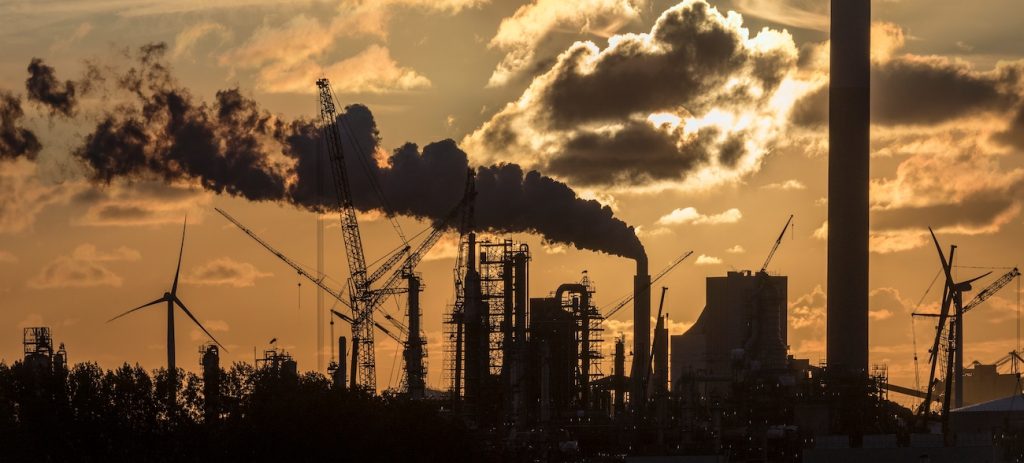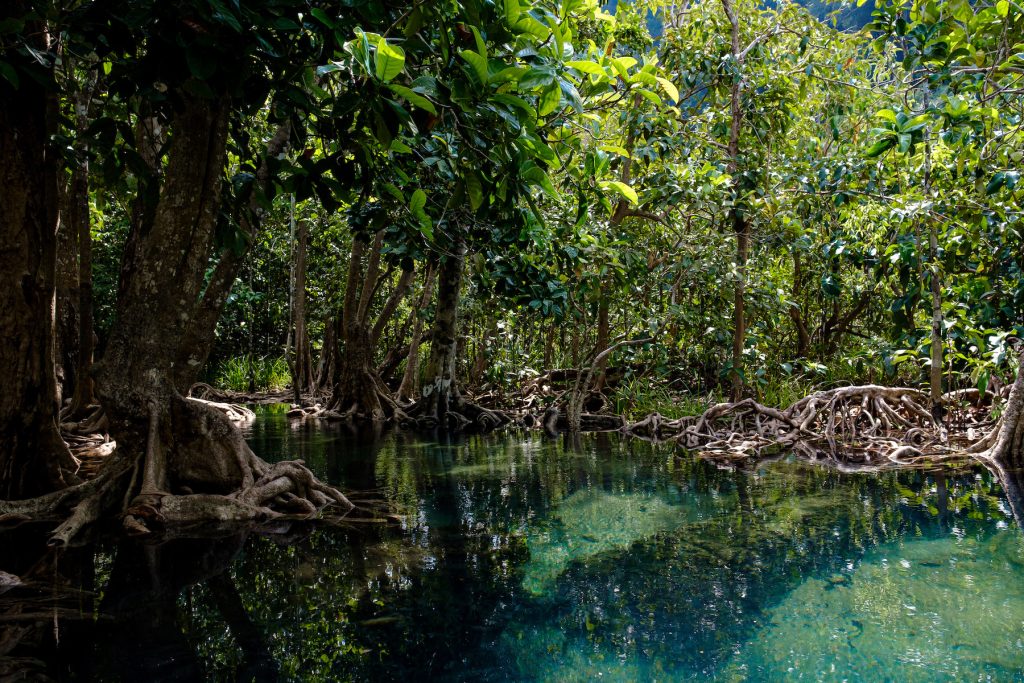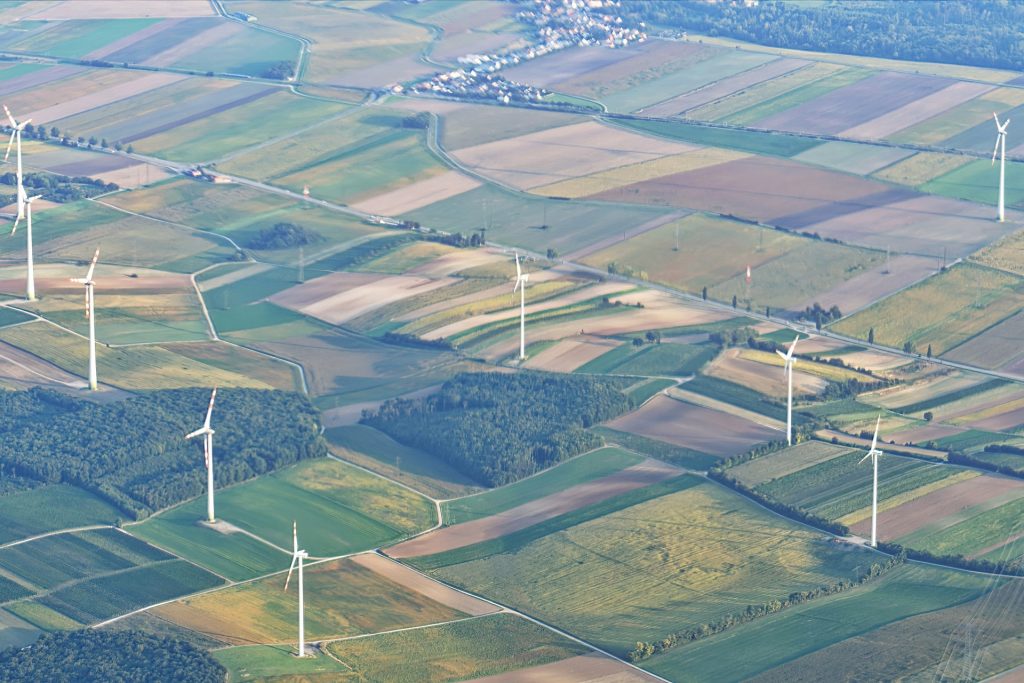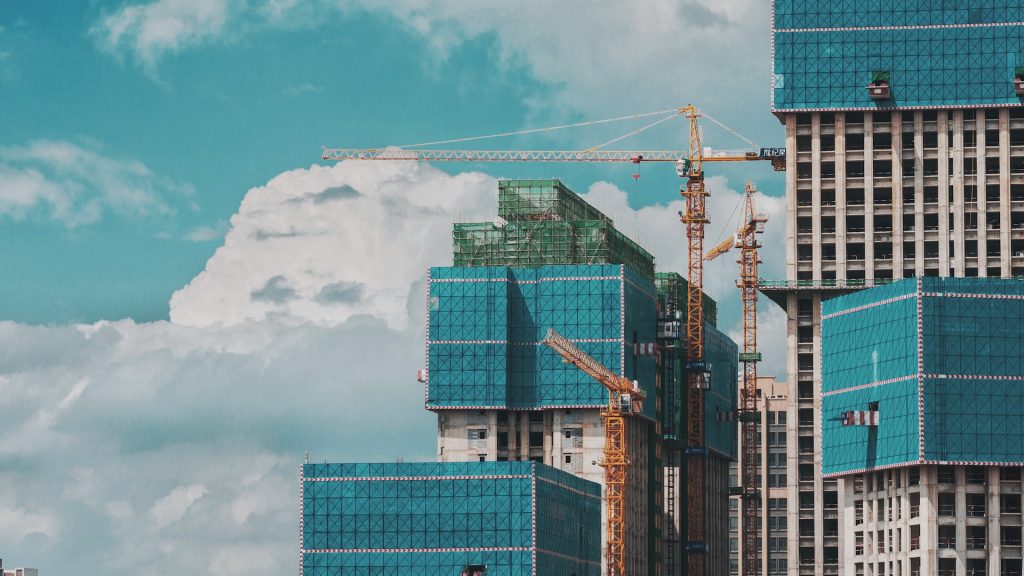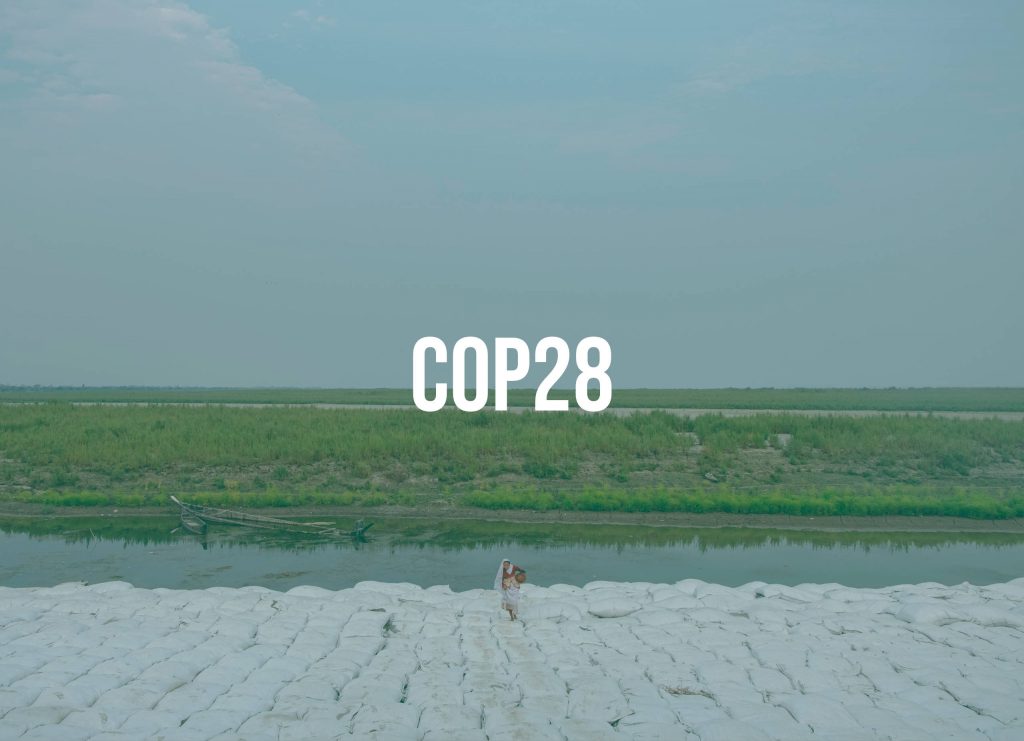
COP28 | ELISA CALLIARI: The vulnerability issue at the heart of the loss and damage fund
With the agreement reached on the first day of the COP28 UN Summit on the loss and damage fund, decisions were adopted about the beneficiaries, the donors, and how the fund will be structured and governed. The CMCC and IIASA researcher Elisa Calliari, member of the Italian Delegation to the UNFCCC, sheds light on one of the hot topics of COP28 and points out the issues that still have to be defined in the negotiations around ‘loss and damage’.

